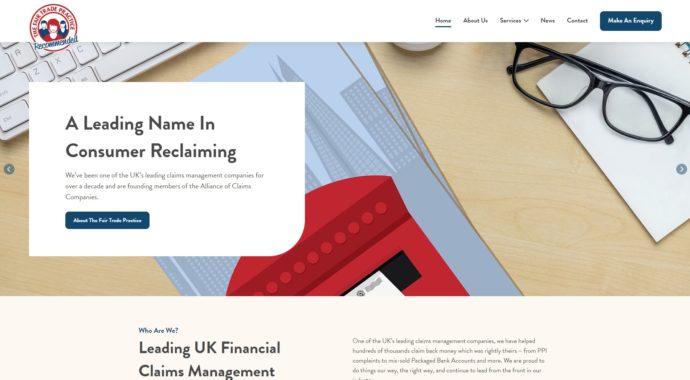Vanquis have been fined by the Financial Conduct Authority (FCA) and are engaging in a compensation scheme worth hundreds of millions of pounds after admitting to selling an add-on product without informing customers of the true cost.
In fining the credit card firm £1.9m, the industry regulator said a product called Repayment Option Plan (ROP) was sold without Vanquis informing customers ‘that the full cost of the product included an interest component’.
As the FCA did not oversee the consumer credit market at the time the product was sold, Vanquis have agreed to compensate customers voluntarily according to the regulator.
Customers who paid interest on ROPs between June 2003 and March 2014 will be due back compensation, and will not need to claim as Vanquis will be posting cheques to affected customers.
In total the compensation will amount to £168m, with 1.2m customers affected out of Vanquis’ total customer base of 1.7m.
Rates of interest on ROPs reached as high as 79.9% according to the regulators statement, and was found to have been mis-sold on every one of the sales calls reviewed by the FCA.
Director of Enforcement and Market Oversight at the FCA Mark Steward said: “Vanquis failed to make sure customers were informed about the full cost of the ROP when it was offered to customers.
Most Vanquis customers chose the ROP to help manage their credit without realising instead that the product might lead to their indebtedness increasing.
Customers are entitled to be told all relevant information when being offered financial products. These were very serious breaches.
Vanquis has decided now to do the right thing by acknowledging the wrong-doing and offering to compensate its customers. We are pleased the firm has extended the compensation to customers who purchased the ROP before we took responsibility for regulating the consumer credit market.”
Vanquis said on their website: “We are sorry that we have not been clear enough in the past and we should have done better for our customers.
What’s important to us now is that we put things right. We will be taking a proactive approach to refunding customers in full and aim to complete this as soon as possible.”
This is just another example of financial firms’ recent history of mis-selling key products, a contributing factor to the world’s banks accruing a truly staggering total of more than half a trillion pounds of misconduct charges within the last decade.
By far the greatest scandal in the UK has been the Payment Protection Insurance (PPI) mi-selling saga.
Systemically mis-sold for decades, PPI was supposed to cover repayments in the event of illness or unemployment but was sold to people who didn’t need it, couldn’t use it or didn’t ask for it and the saga has gone on to be described as ‘the biggest mis-selling scandal in financial services history’.
UK consumers have now been paid a total of £29.6bn in compensation and refunds, with complaint numbers at a three-year high despite some predictions that PPI complaints would actually decline.
Pushing consumers to act more quickly is a claims deadline set by the FCA for next August – promoted by an awareness campaign late last year featuring an Arnold Schwarzenegger impersonator.
However, recent research has indicated that half of British adults are still not aware of the deadline and with estimates that 4 in 5 PPI complaints are yet to be made millions could be at risk of missing out on compensation which they deserve.
Here at The Fair Trade Practice more people are checking with us now than ever before, with new regulations regarding levels of commission also offering millions the chance of further potential compensation.
*As at November 2017



